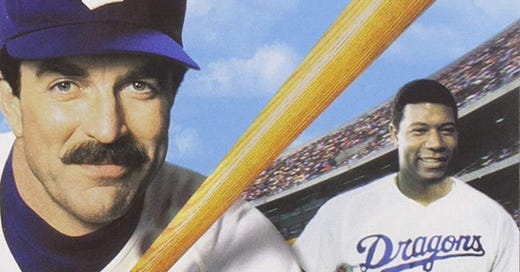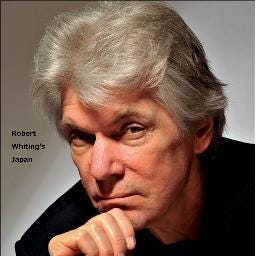TOKYO — In 1992, a movie about an arrogant American player struggling to cope while playing for the Chunichi Dragons in Japan was released. It was entitled “Mr. Baseball,” and starred Tom Selleck. I first went to see it at a theater in Ginza district, with about 10 other people in the audience, who seemed to be as unimpressed and bored with the film as I was.
Tom Selleck was perfect, I thought, to say something nice. He captured the essence of the frustrated gaijin trying to cope with the different style of the game. And the cinematography — all in Nagoya and environs — was realistic. But the story was cliched and groan-inducing, right down to the beautiful Selleck love interest who hides the fact she is the daughter of the manager of Selleck’s team, the Chunichi Dragons, and the manager himself, (played by Ken Takakura) who hides the fact that he speaks fluent English. That may be while the film tanked both in the U.S. and Japan. It made back only a small fraction of its $40 million budget.
I had a history with that film, from the very beginning, but in the end, the fact that I wasn’t attached to the movie proved to be a huge plus.
In the summer of the 1987, I approached by Robert Newmyer, the smooth youthful head of Outlaw Productions, which gained fame with the film “Sex, Lies and Video Tape.” He was in Tokyo staying at the posh Hotel Okura, and wanted to talk to me about a new movie, so I went over to see him.
Keep reading with a 7-day free trial
Subscribe to Robert Whiting's Japan to keep reading this post and get 7 days of free access to the full post archives.




